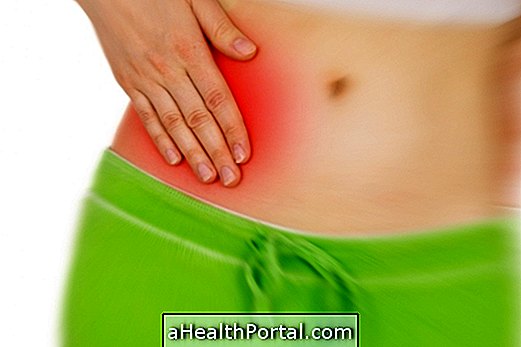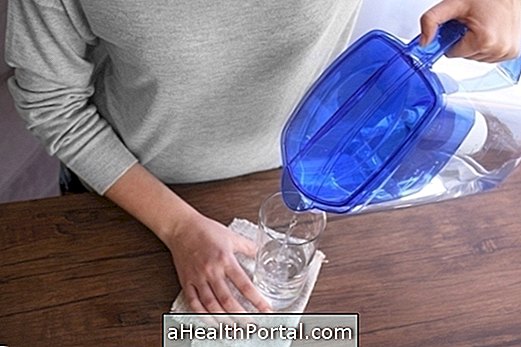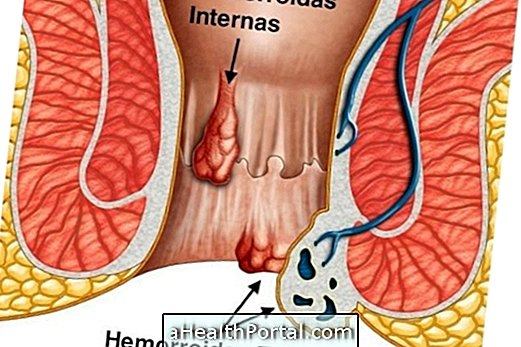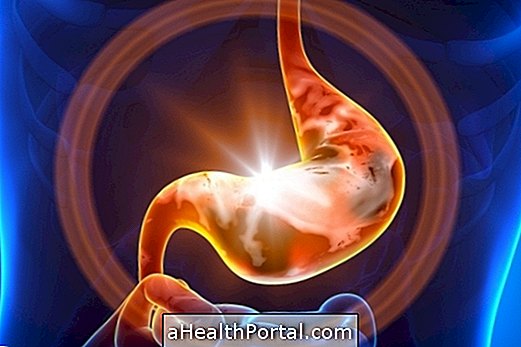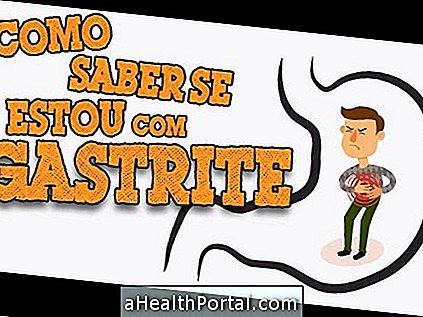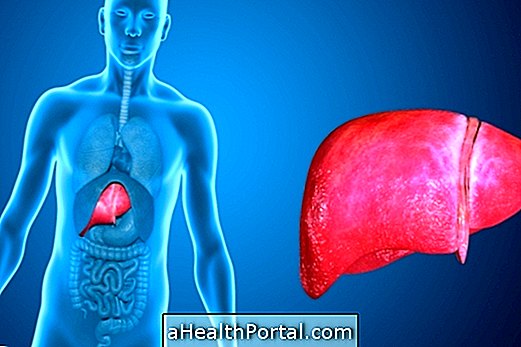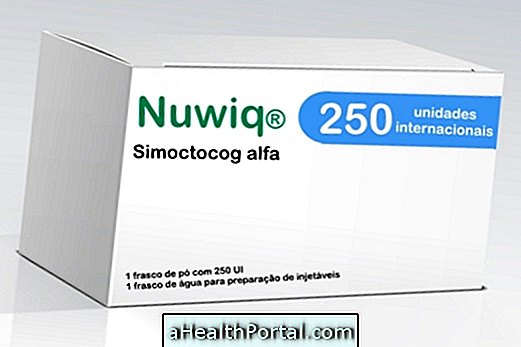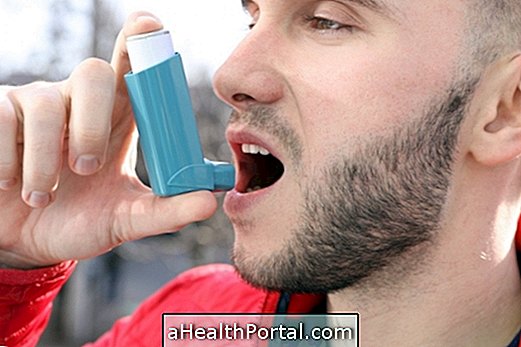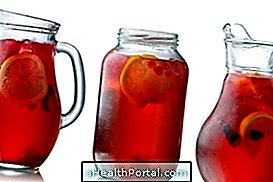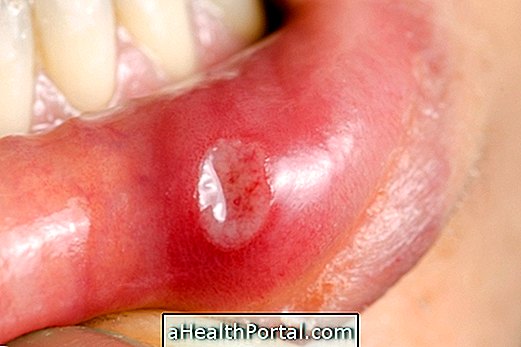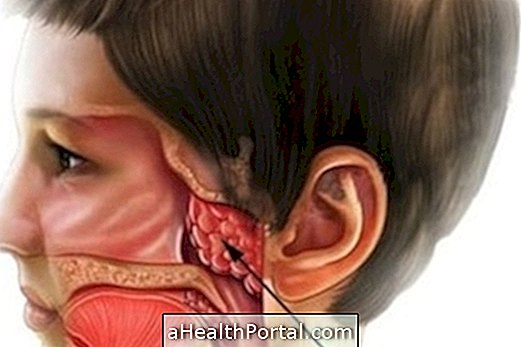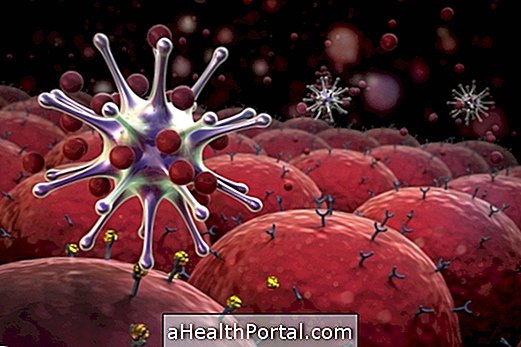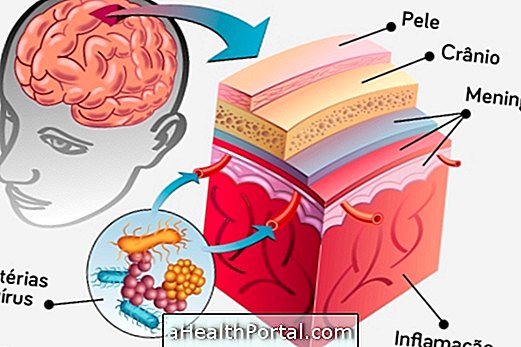The nutritional treatment for hepatic encephalopathy which is a complication of liver disease should be diets preferably with proteins of vegetable origin and also with little salt.
Diet for hepatic encephalopathy
The diet for hepatic encephalopathy must be normocaloric, ie it must have calories that normally supply your energy expenditure.
One of the goals of diet in cirrhosis or liver disease to treat hepatic encephalopathy is to prevent or reverse malnutrition, and so an overnight snack can be introduced to improve the weight and general condition of the patient. A protein-restricted diet and branched amino acids to treat hepatic encephalopathy should be followed only during the period 3 to 5 or as long as there are clinical manifestations and symptoms such as slowing of thoughts, tremors and behavioral disorders.
In hepatic encephalopathy it is important to avoid oral fasting (with the exception of cases of gastrointestinal bleeding or other mechanical impairment) and to make a limited protein restriction (3 to 5 days) in cases of severe hepatic encephalopathy because one of the main goals of treatment is to prevent weight loss and muscle protein visceral and muscular.
Degrees of hepatic encephalopathy
Hepatic encephalopathy is classified according to its severity and can be:
- Grade I
- Grade II
- Grade III
- Grade IV
The diet for hepatic encephalopathy should be adapted to the degree of manifestation of this complication and the protein should only be restricted in the most severe cases of encephalopathy.
Foods advised during hepatic encephalopathy crisis
- Soy;
- fish and fish kids;
- sheep's milk
Foods with large amounts of branched-chain amino acids are the foods recommended during the severe hepatic encephalopathy crisis. (Isoleucine, valine and leucine.) In less quantity foods rich in amino acids and aromatic chains.
Prohibited foods in severe hepatic encephalopathy
- eggs;
- Red meat;
- cow's milk and its derivatives like yogurt and cheese.
Hepatic encephalopathy is considered severe when it is between degrees III and IV.
The diet should return to normal, with protein in normal amounts 1.2 to 1.8 g / kg / day, as soon as the crisis passes, in order to improve the nutritional status of the patient.
